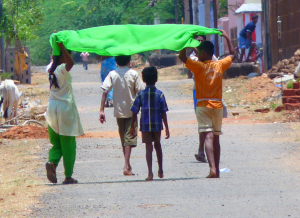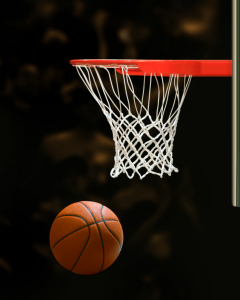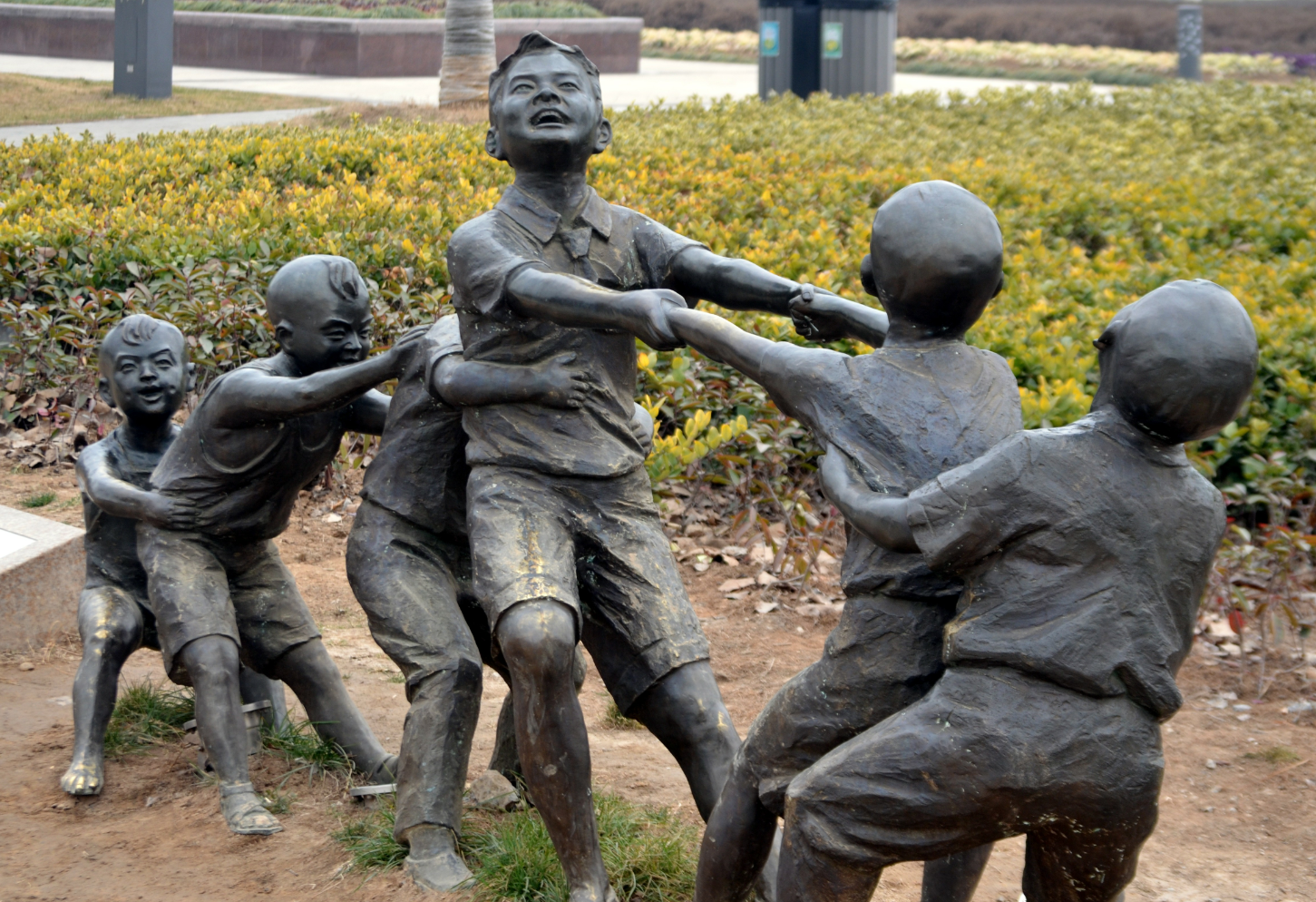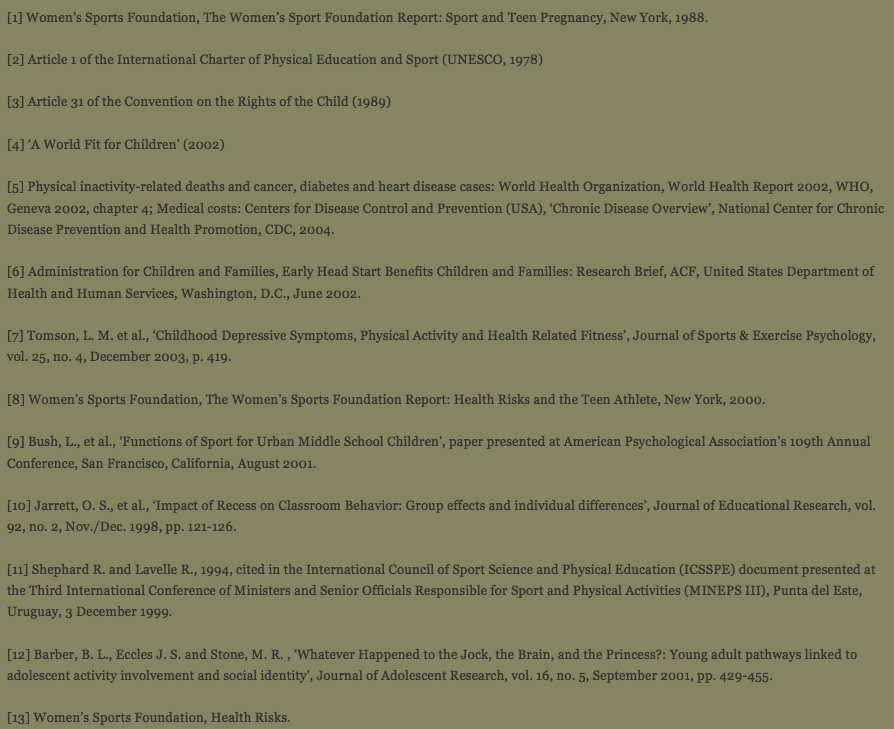Guides
Article

The Role of Sport in Education
Sport helps in every area of life. Everyone loves playing, regardless of age. Dr Silverwood writes about the benefits of sport and its role in education

Early Childhood
From the time we are born, we begin to explore. We touch and hold, reach and shake, grab and taste – discovering the world not only with our eyes and ears but also with hands, feet and mouths. We play. Children at play are constantly at work – making new observations, asking and responding to questions, making choices and extending their imaginations and creativity. Play gives children the stimulation and physical activity they need to develop their brains for future learning. Through play, children explore, invent and create. They develop social skills and ways of thinking, learn how to deal with emotions, improve their physical abilities, and find out about themselves and their capabilities. A child’s play forms a solid foundation for a life of learning.
 School-aged Children
School-aged Children
As children grow, they acquire new skills and build on existing capacities. By climbing, running, hopping, skipping and jumping, they further develop and strengthen their bodies. Increasingly socialised, they master the more formal skills of life. Games with rules and formal teamwork play an important role in helping school-aged children develop their physical skills and develop cooperation, mutual understanding and logical thinking. Children learn about taking turns, sharing, respecting their peers and valuing rules.
Adolescents
The search for identity becomes the major development task of adolescents. As explorers of a widening unknown, adolescents experiment with new behaviours and test possibilities. With the right guidance, they develop the skills they need to become responsible and caring adults. Organised sport and physical recreation provide opportunities for self-expression, critical to this discovery period. They help adolescents to develop skills in communication, negotiation and leadership and to test and improve their abilities with increasing confidence. Sport provides young people with a way to bond with adults and with one another, creating a sense of community and belonging.
Practice for Life
Through sport, recreation and play, children and adolescents learn to exercise judgement and think critically while finding solutions to problems. They promote the spirit of friendship, solidarity and fair play, teaching teamwork, self-discipline, trust, respect for others, leadership and coping skills. Essential to ensuring that children develop into responsible and caring individuals, they help young people meet the challenges they face and prepare them to assume leadership roles within their communities.
 Levelling the Playing Field
Levelling the Playing Field
Sport can be a powerful tool in promoting equality. Sport helps children with disabilities gain confidence that they can then apply to other aspects of their lives; when the focus is on shooting a basket, children’s abilities become important, not their disabilities. When combined with health information, sports can also be used to educate communities on ways to prevent disabilities, and to stress the importance of vaccination, proper nutrition and the use of iodised salt. Sport can also help girls and young women claim their place in society. It can provide girls, who are often under tremendous pressure to begin sexual activity and childbearing early, a chance to exert more control over their lives [1].It can help girls gain respect for their bodies and develop self-esteem, allow them to form friendships and teach self-sufficiency, personal autonomy and leadership. Challenging the stereotype that girls are weaker than boys, sport exposes girls to female role models, making goals in other areas of their lives all the more attainable.
Playing for Peace
In times of conflict and natural disaster, sport can provide a sense of hope and normalcy. It can help heal emotional scars, create a safe environment that enables children to express their feelings and build their self-esteem, self-confidence and trust. Participating in a team can provide former child soldiers a critical sense of belonging, necessary for their reintegration into the community. Sport is a universal language and a powerful tool to release tension and generate dialogue. On the playing field, cultural differences and political agendas can dissolve. Children who play sport are exposed to interaction without coercion or exploitation. Players interact within a framework of rules; a referee adjudicates on the justness of activity and established penalties exist to sanction transgressions and enable a rapprochement between sporting adversaries.
The Commitment to a Right to Play
The practice of physical education and sport is a fundamental right for all [2]. All states should ensure that not only do their children have the right to play but they should encourage the provision of appropriate and equal opportunities for cultural, artistic, recreational and leisure activity [3]. As part of their commitments to promoting healthy lives and providing quality education, world leaders at the United Nations Special Session on Children in May 2002 agreed to: “Promote physical, mental and emotional health among children, including adolescents, through play, sports, recreation, artistic and cultural expression,” and to “provide accessible recreational and sports opportunities and facilities at schools and in communities.” [4]
The Science of Sport, Recreation and Play
Regular physical activity and play are essential for physical, mental, psychological and social development. Good habits start early: Research shows that children who exercise are more likely to stay physically active as adults. Numerous studies [5 – 12] have shown that sport, recreation and play have the potential to strengthen the body, help prevent disease, prepare infants for future learning, reduce symptoms of stress and depression, improve confidence and self-esteem, improve learning and academic performance, reduce experimentation with and reliance upon smoking and illicit drugs and reduce crime.
Summary
Physical Education is fundamental to the early development of children and the skills learned during play and sports contribute to the holistic development of young people. Through participation in sport young people learn about the importance of key values such as honesty, teamwork, fair play, respect for themselves and others and adherence to rules. Sport provides a forum for young people to learn how to deal with competition and how to cope with both winning and losing. Physical Education has a positive impact upon a child’s social and moral development in addition to physical skills and abilities. There is an overwhelming amount of evidence that focuses on the effects of sport and exercise on physical health, growth and development. Physical Education and sport also build healthy habits that encourage life-long participation in physical activity and this extends to better public health. While the physical benefits of participation in sport are well known and supported by large volumes of empirical evidence, sport and physical activity can also have positive benefits on attendance and a desire to succeed academically. To achieve broader goals in education and development, Physical Education, like all other outstanding learning programmes, must focus not only on the development of technical skills but on the development of the individual and their habits. Children should be encouraged to play.
Dr Paul Silverwood, Founding Principal, Hartland International School
The advice provided in our columns does not constitute legal advice and is provided for information only. Readers are encouraged to seek appropriate independent legal advice.
We know it's kinda boring but the Copyright and Disclaimer are important...have a read
« Back to Dubai Sherpas

Tell us your story
We're all ears. Your story is important so let's hear how you survived Dubai.
Submit your story
Dubai Sherpas
Sherpas look, listen, learn, do and then share so that you can do, easily.
View GuidesA great place to live and a great place to work. If you're thinking of setting up a business in Dubai, you've come to the right place. Information can be provided on all aspects of business incorporation in Dubai. Contact us now.
Newsletter
Interested in hearing more about surviving in Dubai?
Please enter your email below.
We do not send spam emails or share your details with any third party.


